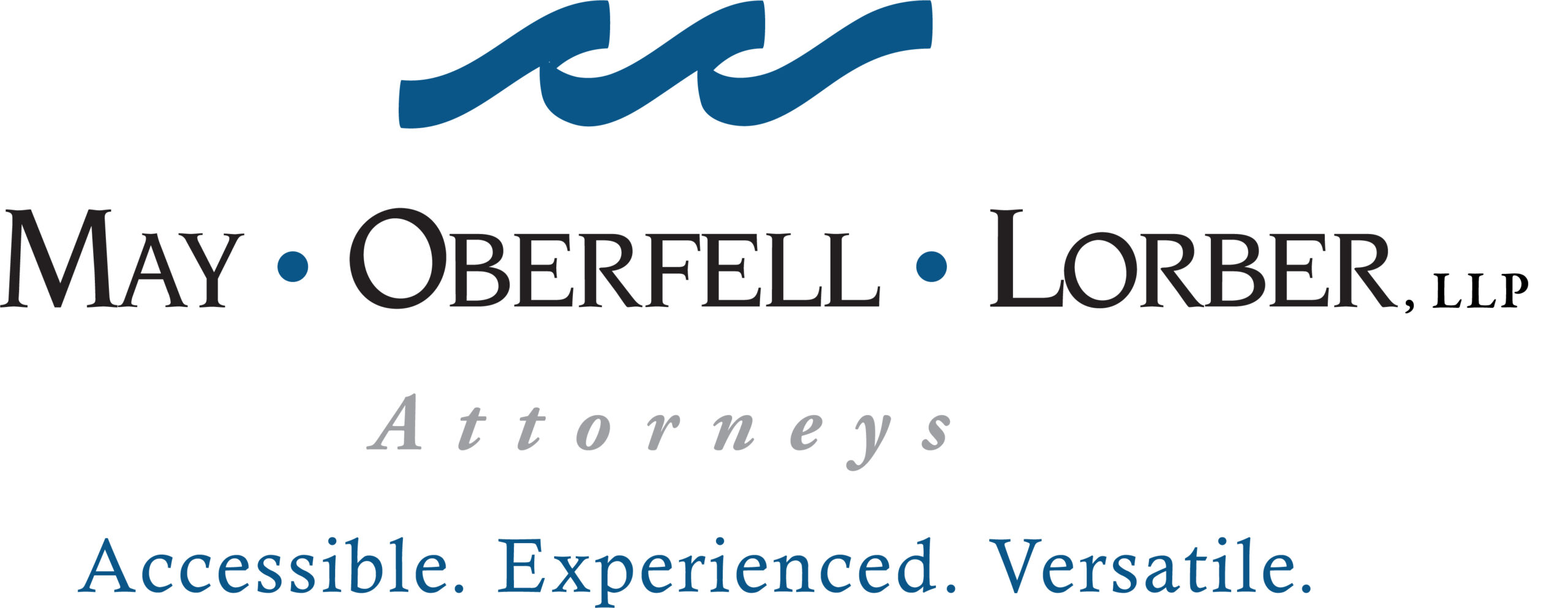Why you shouldn’t settle your personal injury case on your own.
If you have been in a car accident and experienced a slip and fall and sustained injuries, you may receive an offer of compensation for those injuries. The offer may seem reasonable to you, or it may seem like it is one-time offer that will be taken away if you delay any further. You may also think it is expensive to consult with or hire an attorney and you do not want to lose money on a contingency fee. But, for the reasons below, you should at the very least consult with an attorney before moving forward with any kind of settlement.
Is the settlement amount fair? This is something most people simply will not know on their own. Knowing the value of a settlement offer factors in several items. The non-exhaustive list of these factors is: 1) Is the wrongdoer insured and by whom? Whether we like it or not, some insurance companies are fairer and easier to deal than others. An experienced attorney can tell the difference and advise you accordingly. 2) Have my medical bills been paid and by whom? The liens on your case (discussed below) can have a tremendous impact on your recovery. 3) What have similar cases settled for or received verdicts for? Most attorneys who work in personal injury will have a fair understanding of this from their own experience and their working knowledge in the personal injury community.
What about liens? Most people do not realize this, but payments made to your medical providers on your behalf can oftentimes be recovered by those payors from your settlement. For instance, if your health insurance provider pays toward your medical care stemming from your accident, that provider can assert a lien or claim against your settlement and pursue collection against it for the amount it paid. There are various limitations they face and strategies you can take to negotiate and resolve these liens, and an attorney can be a tremendous ally here.
What insurance coverage is there? Insurance coverage can be complicated, especially when more than two parties are involved in a crash. In certain cases, you might be able to make a claim for additional insurance coverage from your own insurance. But, as with anything, there are restrictions and conditions to this, and a lawyer can walk you through them and tell you if additional insurance coverage may apply.
Am I done treating? You may hope your injuries or pain will resolve after receiving appropriate medical care. In some cases, though, lingering pain and complications from treatment can occur. It is important to receive proper advice about the appropriate timing to resolve your case.
What am I giving up by settling? A settlement agreement is a legal contract, and you will likely be agreeing to forego any future claims against a party for injuries relating to the accident. However, there may be other legal issues couched in the agreement which you may not understand. An attorney can help explain the significance of the legal issues typically found in a settlement agreement and what they mean for you.
What about attorneys’ fees? There are several attorneys out there who are willing to provide free consultations about your case. Ask them questions about what they think about the value of your case and ask them why. Some will even offer a reduced and reasonable fee structures if they believe there is little work left to be done.
There is little risk and ample benefit in scheduling a consult with an attorney in a personal injury matter before you settle it. Any offer you receive from an insurance company will normally remain in place while you take time to evaluate your legal options. So, you should not feel like you have to settle a case right away. If you or someone you know ever experiences the unfortunate hardship of going through an injury from an accident, speak with a lawyer about any kind of settlement offer you receive or other questions you may have. At worst, you will have spent a little more time ensuring that you have received a fair offer.
This article is for information purposes only and is not intended to constitute legal advice.
